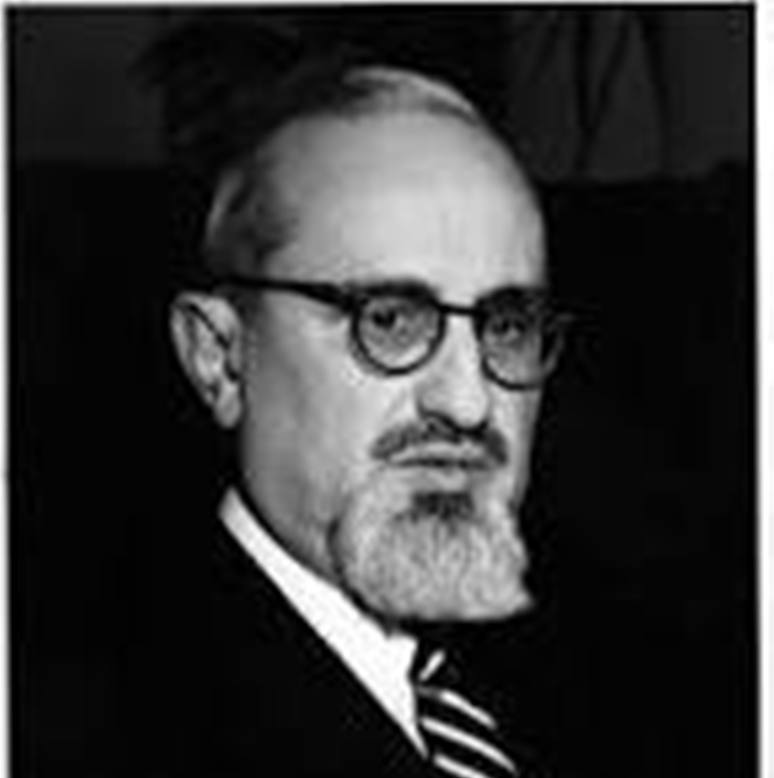Rabbi Joseph B. Soloveitchik
Rabbi Joseph B. Soloveitchik was a strong supporter of Zionism and the state. His student Rabbi Hershel Schachter records that he once mentioned that the Satmar Rebbe asked in his sefer: who permitted the Zionists to offer so many sacrifices of Jewish lives for the sake of creating the State and maintaining it? Shouldn’t the danger to life have superceded the whole idea of the State, even if it had been a very great mitzvah? Rabbi Soloveitchik said that seemingly, this is a very strong argument. But he answered it based on his grandfather Reb Chaim Brisker's opinion that saving a Jew from apostasy has the same status in halacha as saving a Jewish life (in contrast to the opinion of the Shulchan Aruch, Orach Chaim 306:10 that the reason one may violate Shabbos to save his daughter from apostasy is only because of the principle of “sin so that someone else should not sin”.) Reb Chaim also held that a person is obligated to enter a situation of possible danger in order to save another person from a definite danger (in contrast to the ruling of the Mishnah Berurah, end of 329). Assimilation, in this context, is like apostasy, for assimilated Jews violate the entire Torah. Were the Jewish State to cease to exist, assimilation in America and Europe would increase by a large factor, for only through the State do the Jews in this period (after the Holocaust) have pride. So the individuals who sacrifice their lives in Eretz Yisroel are putting themselves in possible danger to save the multitude from a definite danger."
Rabbi Soloveitchik went on to say, however, that it is only when the entire existence of the state is at stake that it is obligatory to sacrifice lives to keep it in existence. If it is only a question of returning a piece of land in exchange for peace, the state is obligated to return the land, because the danger to the lives of Jews in Eretz Yisroel supercedes the mitzvah of conquering the Land. This, he said, is against the view of the Minchas Chinuch 425, who says that since the Torah commands us to conquer Eretz Yisroel from the Canaanites, and war by its nature involves some casualties, it must be that the mitzvah was given explicitly with the provision that it overrides Jewish lives. Rabbi Soloveitchik argued that Yehoshua's wars were an exception, since they were commanded directly by Hashem, but at all later times perhaps the Torah only permits conquest and defense of territory when there is some danger to Jewish lives, however remote. (Nefesh Harav, pp. 97-98)
